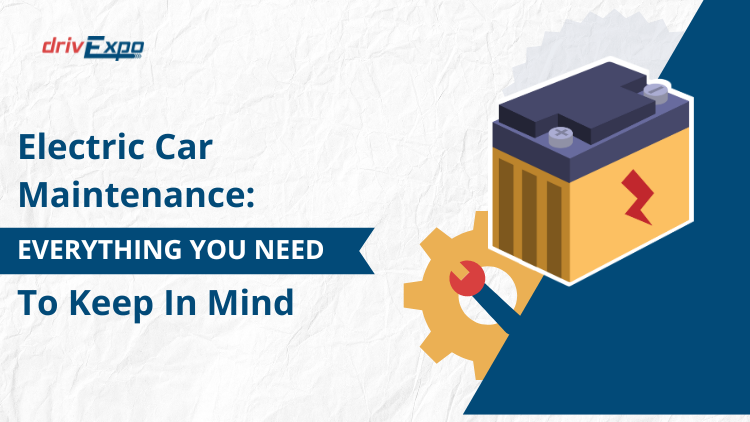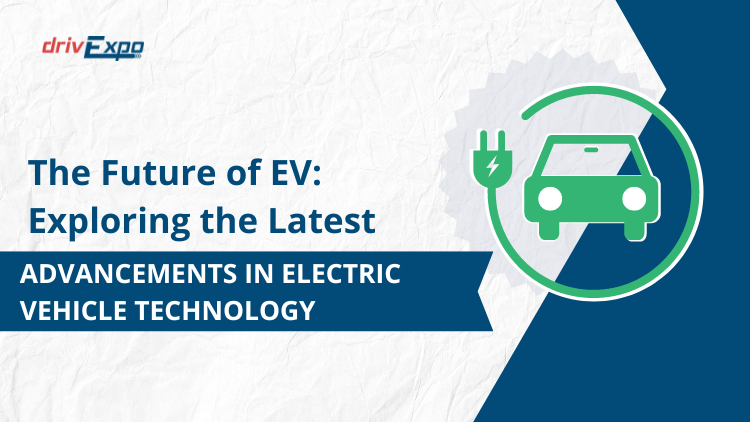The automobile market in India is evolving rapidly, offering buyers a variety of choices when it comes to car fuel types. Petrol, diesel, and electric cars all have unique advantages and challenges, and choosing the right one depends on your needs, budget, and lifestyle.
With 2025 bringing new advancements and models in every category, this guide will help you decide which type of car suits you best.
Understanding the Differences
Petrol Cars
Petrol cars have been a staple for Indian buyers due to their reliability and accessibility. They are ideal for city driving and are usually more affordable upfront. However, rising petrol prices are a concern for many buyers.
Diesel Cars
Diesel cars are known for their better mileage and powerful engines, making them a favorite for long-distance travelers and heavy-duty users. Despite this, stricter emission norms and higher taxes on diesel vehicles are influencing buyer preferences.
Electric Cars
Electric cars are the future of mobility, with zero emissions and lower running costs. While they offer substantial savings on fuel, the initial purchase cost and charging infrastructure are key considerations.
For a detailed look into electric vehicles in India, check out this guide.
Pros and Cons of Each Fuel Type
Petrol Cars
- Pros:
- Affordable upfront cost.
- Low maintenance.
- Widely available fuel.
- Cons:
- High running costs due to fuel prices.
- Less fuel-efficient than diesel.
Diesel Cars
- Pros:
- Excellent mileage.
- Better for long-distance and heavy use.
- Diesel engines last longer.
- Cons:
- Higher taxes and insurance premiums.
- Stricter government regulations on emissions.
Electric Cars
- Pros:
- Zero emissions, eco-friendly.
- Lower running costs.
- Government incentives reduce initial cost.
- Cons:
- Limited charging infrastructure.
- Higher upfront investment.
- Range anxiety for long trips.
Want to know if now is the perfect time to buy an EV in India? Read our guide.
Key Factors to Consider
Driving Needs
- If your driving is limited to short city trips, a petrol car or a budget-friendly EV like the Tata Tiago EV can be ideal.
- For long highway drives, diesel cars like the Mahindra XUV700 are better suited.
- EVs with long ranges, such as the Hyundai Ioniq 5, cater to users ready to embrace modern technology.
Budget
- Petrol cars are generally more affordable, with excellent options under ₹10 lakh. Explore 10 best cars under ₹10 lakh for budget-friendly choices.
- Diesel cars often have higher initial costs but provide savings in fuel expenses over the long run.
- Electric cars like the Tata Nexon EV or MG ZS EV offer government subsidies, making them more accessible. Check out the best cars under ₹25 lakhs for premium options.
Maintenance and Running Costs
- Petrol and diesel cars require regular maintenance, with diesel engines being more expensive to service.
- EVs have minimal moving parts, resulting in lower maintenance costs. For detailed advice, refer to this electric car maintenance guide.
Government Policies and Incentives
The Indian government supports EV adoption with subsidies under the FAME II scheme, reduced road taxes, and income tax benefits on loans. However, there are no significant incentives for petrol or diesel vehicles due to their environmental impact.
Learn how traditional automakers are adapting to these changes in Nissan’s critical year.
The Future of Cars in India
Electric cars are undoubtedly the future, but petrol and diesel vehicles still dominate the market due to infrastructure challenges and affordability. Automakers are focusing on hybrid models and hydrogen-powered alternatives. Explore the future of electric cars for insights into upcoming trends.
Making the Right Choice
Buy Petrol If:
- You drive primarily in cities and don’t clock high mileage.
- You prefer an affordable car with low initial investment.
Buy Diesel If:
- You frequently travel long distances.
- You need a vehicle for heavy-duty or towing purposes.
Buy Electric If:
- You want an eco-friendly vehicle with low running costs.
- You are ready to invest in modern technology and have access to charging infrastructure.
Additional Tips
- For optimal performance, maintain proper tire pressure. Learn how to use a Michelin tyre inflator for better efficiency.
- If you’re considering a family car, explore the best 7-seat electric vehicles.
Conclusion
Choosing between petrol, diesel, or electric depends on your lifestyle, budget, and priorities.
While petrol and diesel cars remain practical for many, electric vehicles are rapidly gaining traction due to their environmental benefits and long-term savings.
For more in-depth car guides, visit Drivexpo to make the most informed decision in 2025.

